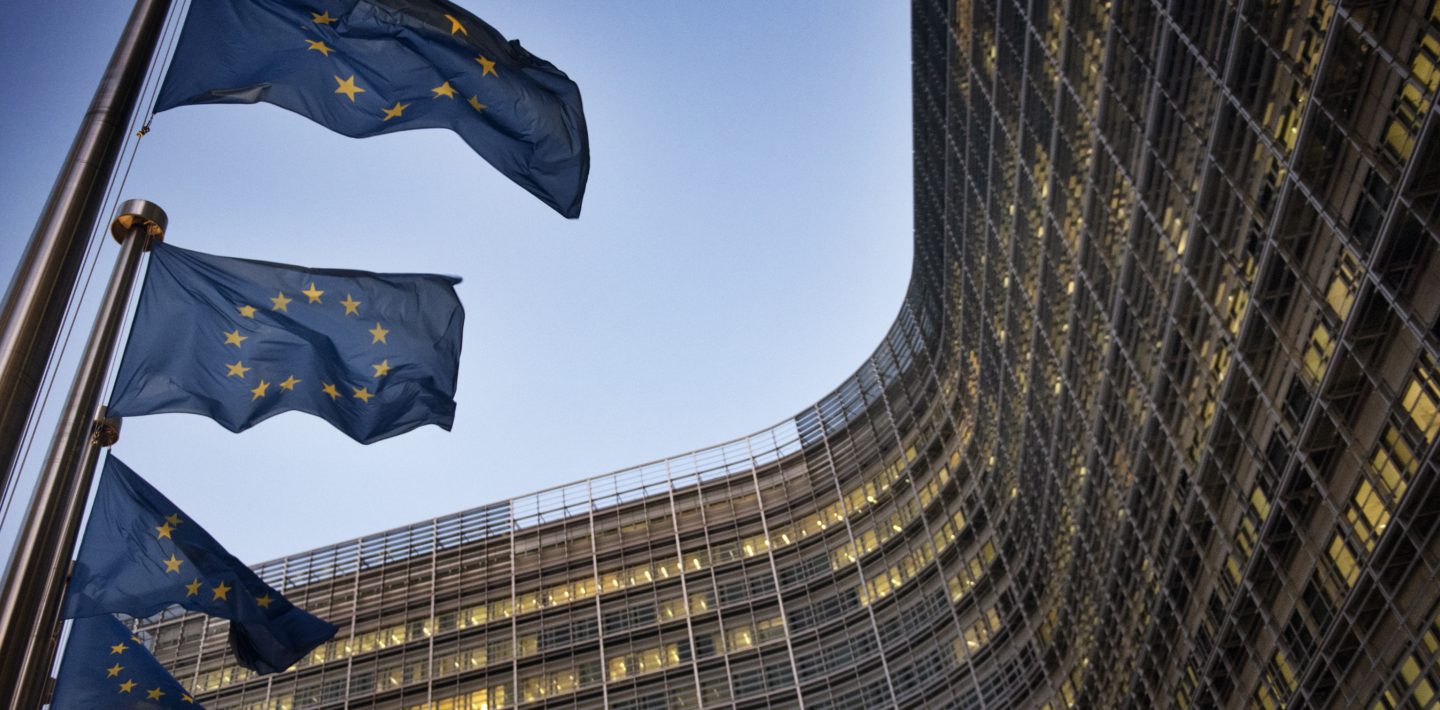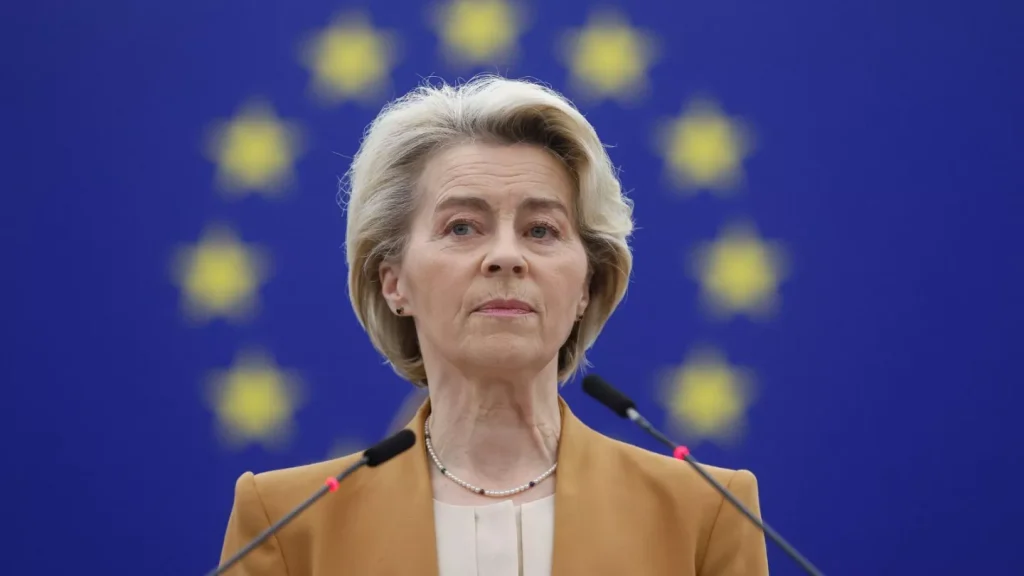
The European Union’s recent proposal to establish “return hubs” outside its borders marks a significant policy shift, drawing both support and controversy across the region. This strategy aims to expedite deportations for asylum seekers who have been denied entry into EU member states, potentially housing them in external facilities while awaiting repatriation. This initiative reflects a more stringent migration stance, partly fueled by the rise of anti-immigrant sentiment across Europe and concerns about strained national resources.
Ursula von der Leyen, President of the European Commission, has publicly endorsed these return hubs, stressing the need for “innovative solutions” to manage irregular migration effectively. The proposal has gained backing from several EU nations, such as Greece, Austria, and the Netherlands. These countries argue that the hubs will help alleviate pressure on EU nations by accelerating deportations and better regulating the flow of migrants who are not eligible for asylum.

However, the proposed return hubs have sparked substantial criticism, particularly from human rights organizations like Amnesty International, which have raised concerns about potential violations of international law. Amnesty argues that such hubs could infringe on the principle of non-refoulement—a core tenet of international asylum law that prohibits sending individuals to countries where they may face danger or persecution. Critics also fear that externalizing migration control responsibilities may erode the EU’s commitment to human rights, which requires member states to ensure that deportees receive fair and humane treatment in asylum proceedings.
Legal experts highlight that many “safe” third countries where these hubs may be located, such as those suggested in Africa or Southeast Europe, may not have the infrastructure to manage large numbers of asylum seekers in line with international standards. For example, discussions have circulated around potential collaborations with countries like Uganda, but such initiatives face scrutiny given Uganda’s limited capacity to support deportee infrastructure and concerns over potential human rights implications.

This proposal is part of a broader shift in EU migration policy, with member states increasingly calling for stricter borders and more efficient deportation procedures. Some leaders, however, including Spain’s Prime Minister Pedro Sánchez, have voiced reservations, urging the EU to prioritize humane and sustainable migration systems within Europe rather than outsourcing the responsibility. Sánchez advocates for reforms that bolster Europe’s internal capacity to handle asylum claims, which he believes would be a more effective, humane response to migration pressures.
The EU return hub proposal thus encapsulates the current tension within the bloc—between those advocating for robust deterrent measures and those urging for adherence to asylum commitments. As migration continues to be a key issue in EU politics, the future of these return hubs remains uncertain, dependent on whether member states can reconcile these opposing views into a unified approach that respects both migration management and fundamental human rights.














